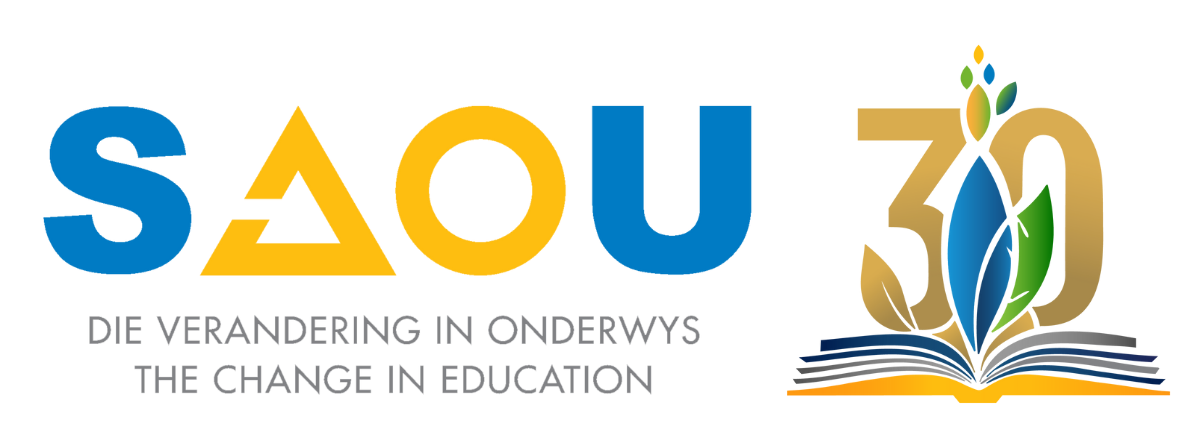
NN 18/2025
RIGLYNE VIR DIE IMPLEMENTERING VAN bELA - WAT Sê DIE saou?
Suid-Afrika se onderwyslandskap ondergaan 'n kritieke transformasie namate nuwe wysigings aan die Suid-Afrikaanse Skolewet in werking tree. Hierdie veranderinge is ontwerp om aanspreeklikheid, billikheid en kwaliteit in die land se skoolstelsel te verbeter, en hou beduidende implikasies vir skoolbeheerliggame, opvoeders, ouers en leerders.
Die uitdaging om te verstaan hoe om hierdie wetgewende opdaterings in die praktyk toe te pas, kan kompleks wees. Die Departement van Basiese Onderwys het gevolglik die riglyne vir die implementering van sommige van die 2024-wysigings aan die Suid-Afrikaanse Skolewet gepubliseer. Hierdie artikel pak 'n paar van die belangrikste konsepte vir implementering van die riglyne uit.
1. Hoe die riglyne bedoel is om gebruik te word
Die Departement het duidelik regsadvies ingewin om seker te maak dat die riglyne in lyn is met die wet. Die Minister van Basiese Onderwys het die gesag om nuttige, nie-bindende riglyne soos hierdie te skep om regstaal makliker verstaanbaar te maak en toe te pas.
Hierdie riglyne is presies wat hulle beweer om te wees, naamlik advies en aanbevelings. Dit is nie wette nie en dra geen wetlike gewig op hul eie nie. Die doel is bloot om leiding te gee rakende aksies en besluite.
Dit gesê, as 'n werkgewer (soos die Departement, 'n skoolhoof of die Skoolbeheerliggaam) 'n instruksie gee wat op hierdie riglyne gebaseer is, kan daardie instruksie vir werknemers afdwingbaar wees of afdwingbaar gemaak word. Met ander woorde, om die riglyn te volg, kan 'n vereiste word as dit in 'n formele opdrag verander word.
2. Hoe skoolkapasiteit bepaal word
Die riglyne verwys dikwels na hoe 'n skool se kapasiteit bepaal sal word. Hierdie proses is gebaseer op Artikel 58C(6) van die Suid-Afrikaanse Skolewet, tesame met 'n Hooggeregshofuitspraak van 10 Oktober 2023 in die SAOU v Minister van Basiese Onderwys-saak. Hierdie wetlike verwysings sal saam met bestaande regulasies oor die minimum standaarde vir skoolkapasiteit gebruik word.
Die riglyne sê deurgaans dat dit die benadering is wat gevolg moet word wanneer kapasiteit beoordeel word.
Dit is egter belangrik om te onthou dat die provinsiale Hoof van Onderwys en die LUR steeds die gesag het om 'n leerder tot 'n skool toe te laat, selfs al is dit vol. Dit help om te verseker dat elke kind wat in die provinsie woon, toegang tot onderwys het, wat die grondwetlike reg op onderwys ondersteun.
Strategieë en beplanning vir kapasiteit is belangrik en gevolglik moedig die SAOU skole aan om presies te weet hoeveel leerders hulle kan akkommodeer. Skole moet formele assesserings uitvoer en skriftelike verslae kry, wat hulle kan help in gesprekke met die Departement. FEDSAS verskaf 'n lys van diensverskaffers wat skole met hierdie assesserings kan help op hul webwerf.
3. Skooltoeatingsbeleide
Een van die belangrikste kwessies rakende die wysigings was hoe leerdertoelatings gereguleer word. Die Departement word sterk aangemoedig om te goeder trou op te tree wanneer hierdie kwessie hanteer word. Alhoewel die riglyne self nie deur die wet afdwingbaar is nie, is die grondwetlike reg van kinders, wat bepaal dat hul beste belange altyd eerste gestel moet word, wetlik bindend. Dit beteken dat alle besluite rakende skooltoelatings die beste belang van die kind moet prioritiseer.
Die riglyne maak dit ook duidelik dat die Departement en sy personeel nie die normale verloop van opvoedkundige aktiwiteite kan inmeng of ontwrig nie. Verder, om regsgeskille te vermy, word alle partye aangemoedig om redelik op te tree en kwessies te probeer oplos sonder om hof toe te gaan.
Artikel 6 van die Suid-Afrikaanse Skolewet handel oor die taal van onderrig in skole. As iemand 'n skool se toelatingsbeleid betwis, sal die beleid nie outomaties opgeskort word nie, tensy 'n spesifieke deel daarvan bevraagteken word. In daardie geval word slegs die spesifieke gedeelte onderhewig aan die appèl opgeskort tot en met die appèl afgehandel is.
Dit stel skole in staat om normaal te bly funksioneer terwyl enige regsproses aan die gang is, en vermy onnodige vertragings of ontwrigtings.
As 'n skool gevra word om meer as een onderrigtaal aan te bied, is daar duidelike vereistes waaraan voldoen moet word. Dit sluit in om insette van die publiek te kry en prosedures ingevolge die Wet op die Bevordering van Administratiewe Geregtigheid te volg. Die riglyne maak dit duidelik dat die Departement nie net sulke veranderinge eensydig kan instel nie. Skole moet ook nie gedwing word om 'n nuwe taal by te voeg as hulle nie die ruimte het om meer leerders in te neem nie.
4. Formele brief aan die Departement oor wysiging van skoolbeleid
Wanneer 'n skool deur die Departement versoek word om die toelatings- of taalbeleid te wysig, raai ons die hoof aan om van ons konsepskrywe gebruik te maak.
Ten slotte is dit belangrik om die riglyne te lees en beleid in lyn te bring met praktiese strategieë, soos betrokkenheid by belanghebbendes, deursigtige bestuur en voldoende opleiding vir opvoeders en administrateurs. Skole sal dan die oorgang doeltreffend kan navigeer. Hierdie wysigings is 'n belangrike stap in die rigting van die versterking van die onderwysstelsel, maar die ware impak daarvan sal afhang van hoe getrou en deurdag dit in die praktyk toegepas word.
Indien jy twyfel of vrae oor die saak het, moet asseblief nie huiwer om jou provinsiale SAOU-kantoor of die SAOU-regsafdeling te kontak nie.
2025/06/19
gUIDELINES FOR THE IMPLEMENTATION OF BELA - WHAT DOES THE SAOU
HAVE TO SAY?
The challenge of understanding how to put these legislative updates into practice can be complex. The Department of Basic Education has consequently published the Guidelines for Purposes of Implementing Certain of the 2024 Amendments to the South African Schools Act. This article unpacks some of the key concepts for implementation of the guidelines.
1. How the guidelines are meant to be used
2. How school capacity is decided
The guidelines consistently state that this is the approach to be followed when assessing capacity.
However, it’s important to remember that the provincial Head of Education and the MEC still have the authority to admit a learner to a school, even if it's full. This helps ensure that every child living in the province has access to education, which supports the constitutional right to education.
Strategizing and planning for capacity is important and consequently, the SAOU encourages schools to know exactly how many learners they can accommodate. Schools should carry out formal assessments and get written reports, which can help them in discussions with the Department. FEDSAS provides a list of service providers who can help schools with these assessments on its website.
3. School Admission Policies
4. Formal letter to the Department regarding amendment of school policy
When a school faces the challenge of the Department instructing amendment of the admission or language policy of a school, we advise the principal to make use of our concept letter.





